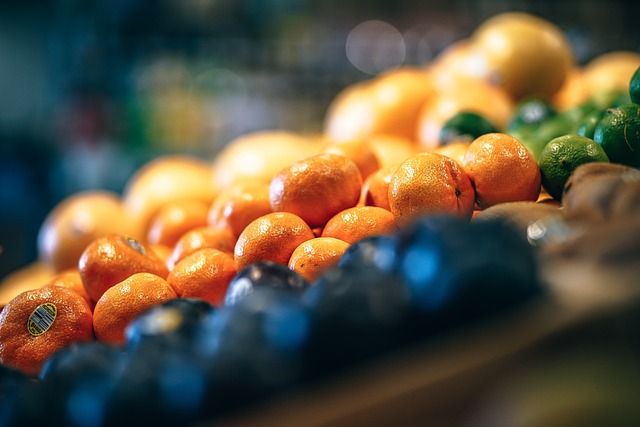Consumer confidence has risen to its highest level since March 2022, according to Danmarks Statistik.
For April 2023, the consumer confidence rating of minus 18.2 was a considerable improvement compared to a month earlier, when it stood at 23.1. It is the sixth consecutive monthly improvement.
However, Ekstra Bladet’s lead article today questions whether the confidence is being rewarded as there have been very few signs in the supermarkets that prices are falling again.
Supermarkets quick to raise, slow to decrease – tabloid
On April 12, the country’s two major supermarket chain owners Salling Group and Coop – which between them control Netto, Føtex, Bilka, Irma, Kvickly and the Coop and Brugsen divisions – said prices would start to fall in line with the amount they pay distributors, but they weren’t sure when.
“Whether it will be a week or three months, we can’t say for sure,” Jacob Krogsgaard Nielsen, the head of communications at Salling Group, told Jyllands-Posten.
But today’s Ekstra Bladet accuses the supermarkets of deliberately “cheating” customers.
“We note the price has gone up noticeably faster when costs have increased than it has gone down when costs fall,” the tabloid reported.
Not following downward trends seen elsewhere
In March, the public endured the highest food prices in history – a situation caused by the high inflation that has settled in following the Corona Crisis and the War in Ukraine. Nevertheless, inflation has been steadily falling for five months since peaking in October at 10.1 percent. It now stands at 6.7 percent.
Furthermore, according to recent UN figures, global food prices have been steadily falling for 12 months and, as of early April, were 21.9 percent lower than their all-time peak in March 2022.
And across the border in Sweden, supermarket prices have been plummeting in the wake of a recent price war.
Optimism generally growing
Meanwhile, the public’s view of the country’s economic situation and the financial situation of families has also been steadily improving, although it still stands at minus 36.1 and 21.1 respectively – compared to six-month averages of minus 50.3 and 28.1.
Nevertheless, despite the increase in optimism, consumers are less confident about buying larger goods.
The current rating of minus 32.5 might have fallen from the average of the last six months (minus 39.7) but overall, they expect more price rises (rating of minus 11.5), albeit it far more slowly.















